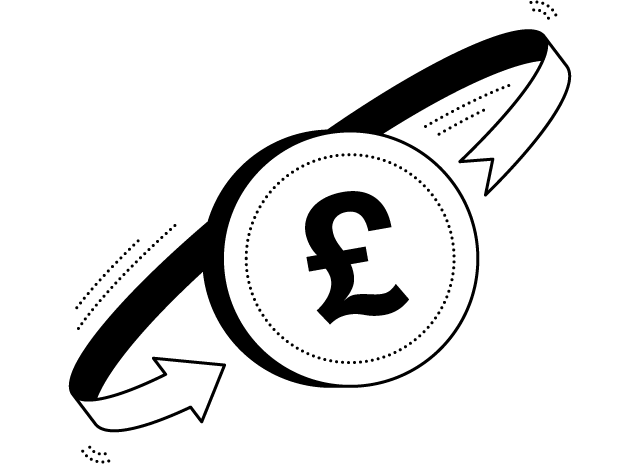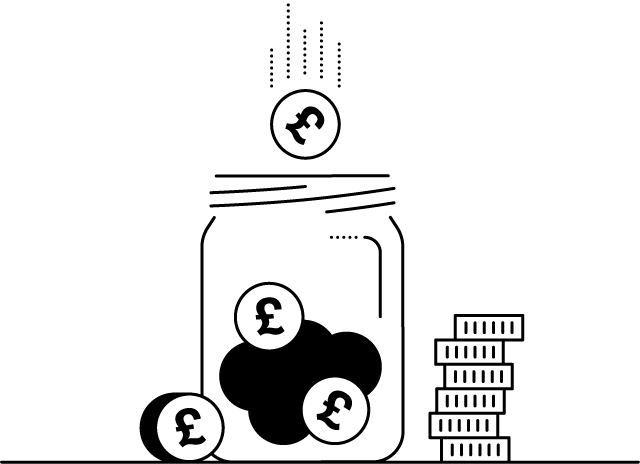One benefit of putting your money into a savings account is the opportunity to earn interest on your savings.
Depending on what tax bracket you’re in, you might have a personal savings allowance (PSA). This is the amount of interest you can earn on your savings without paying tax.
If the interest you earn goes over your personal savings allowance, you might need to pay tax on it.
Something handy to know – if you keep your money in an individual savings account (ISA), you could save up to £20,000 tax free in the current tax year (known as the ISA allowance). This can be used in one ISA or split across multiple ISA types and accounts.
Your personal savings allowance doesn’t apply in this case, as the interest earned through an ISA is already tax free.

